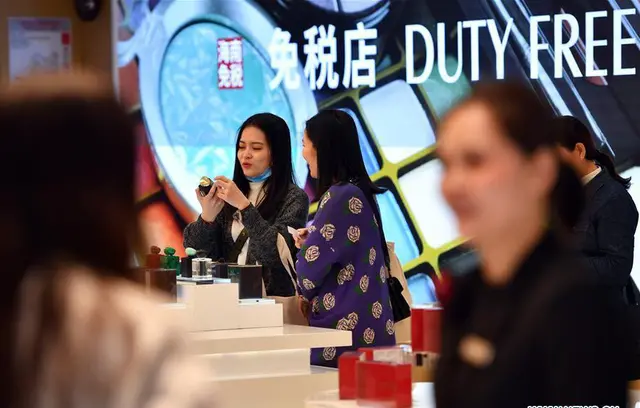The dramatic expulsion of more than 120 Russian diplomats from the US, Canada, Australia and 14 EU member states following the nerve agent attack on a former Russian spy in Salisbury, England, is a remarkable show of solidarity with the UK and something President Vladimir Putin could never have foreseen. Even Hungary, which Russia considered a quasi-ally in the EU, joined the chorus of expulsions.
The European Union representative office in Moscow, March 27, 2018. Moscow on March 27, 2018 charged Washington had put "colossal pressure" on allies to expel scores of Russian diplomats, and vowed to retaliate. /VCG Photo
There is no doubt that the expulsions are a major diplomatic victory for Prime Minister Theresa May who managed to rally so many allies at a time when UK-EU relations are strained due to the Brexit negotiations and UK-US equally strained because of Trump’s threatened steel tariffs.
The most surprising aspect was President Trump expelling 60 Russians when a few days before he had been calling Putin to congratulate him on his re-election and never mentioned the Salisbury attacks. The move marks a significant toughening of Trump administration's stance towards Russia, something John Bolton, the incoming national security adviser, has been advocating for some time.
Trump rarely takes decisions without calculating the political impact and he probably guessed that being tough on Russia would play well with his base. Others have suggested that the President’s move was a convenient way of diverting media attention from allegations by a porn star about Trump.
A Russian flag flies outside the Russian Embassy in Washington, DC, March 26, 2018. /VCG Photo
President Putin of course denied all knowledge of the attack just as he denied all knowledge of the assassination of another Russian spy, Alexander Litvinenko, in London in 2006. The Kremlin made it clear that a similar number of Western diplomats would be expelled from Russia.
But the West’s response was not just about the attempted murder in Salisbury. It was the culmination of a long litany of complaints about Putin’s behavior – invading Georgia in 2008 and Ukraine in 2014, bombing civilians in Syria, persistent hacking and cyber-attacks, and interference in democratic elections.
The West has already expelled Russia from the G8 and imposed economic sanctions which have led to a fall in the Russian economy. There may now be further sanctions aimed at Putin’s inner circle, many of whom have expensive properties in London, Paris or Miami. A travel ban is under discussion as well as moves to confiscate unexplained wealth.
Russian embassy building in Zagreb, Croatia, March 26, 2018 /VCG Photo
Meanwhile, Russia, along with China, was named as a strategic competitor in the latest US national security strategy. NATO has also upped its threat perception from Russia and reinforced its eastern border. Putin, in turn, has boasted of deploying new nuclear weapons that could destroy Florida without detection.
Despite the Kremlin sabre rattling there is little prospect of Russia invading any NATO country. The GDP of Russia is about the same size as Spain and its forces would be no match in the long run for NATO. But Russia will continue to seize opportunities as in Syria to try and show that it is back on the world stage. And it will continue to probe for weaknesses especially in cyber and hybrid warfare.
The West should not isolate Russia. No one is calling for a return to the Cold War but relations will remain cool for some time. The EU has said that it will continue to seek cooperation with Moscow in areas of foreign policy, such as Iran, where there is a common interest. Trump has said that he wants to meet Putin in the near future. If the summit goes ahead there will be much to discuss. But which Trump will turn up? The one who admires the Russian president and rarely says a bad word about Putin? Or the one who accepts that Russia is the number one threat to US security?
Fraser Cameron is a senior adviser with the European Policy Centre in Brussels. The article reflects the authors’ opinion, and not necessarily the views of CGTN.
(CGTN)
 简体中文
简体中文

